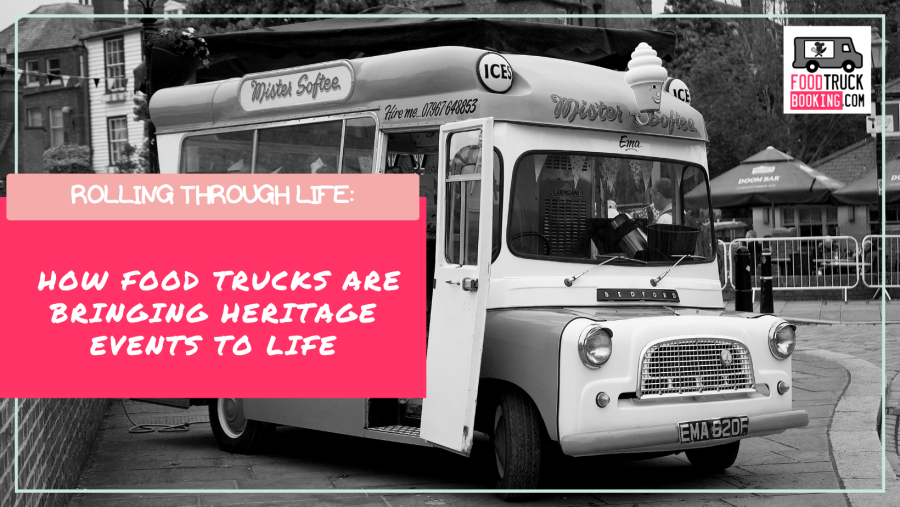Rolling Through History: How Food Trucks Are Bringing Heritage Events to Life
Posted on 09/30/2025 by FTB
From Civil War reenactments to Renaissance fairs and multicultural parades, food trucks are adding vibrant flavors and mobile convenience to historical and cultural events across America.




